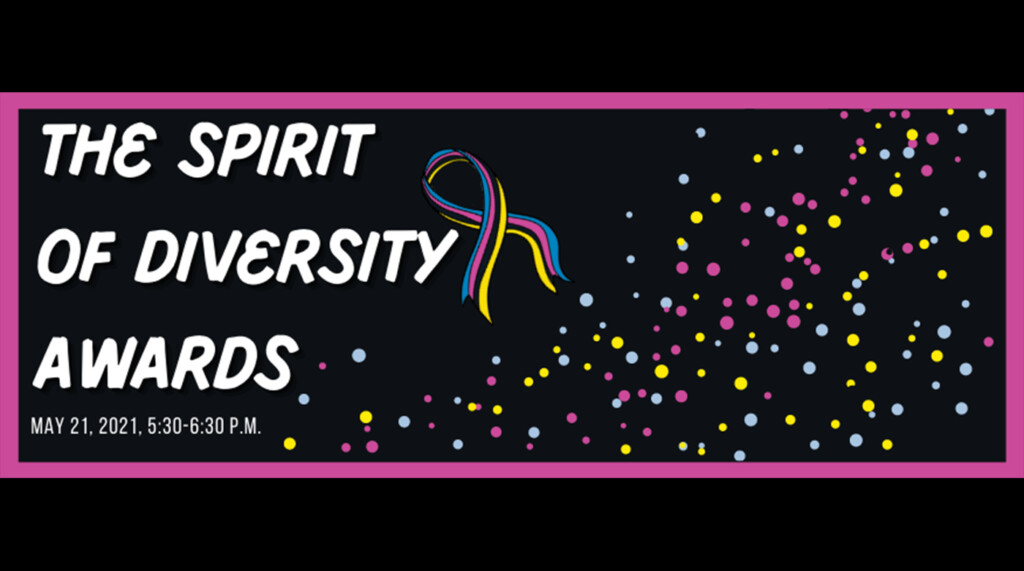Page 4 • (84 results in 0.072 seconds)
-
The flared shape of these Zulu women’s hats (isicholo), dyed with red ochre, reflect the original design of the hairstyle on which they are based.
worn by married women, who, although part of a culture where beadwork plays an extremely significant symbolic role, wore nearly none. Today the isicholo is no longer worn on a daily basis, but it continues to be used on special ceremonial occasions, when it is commonly worn with an imported scarf tied over the hat to keep the read ochre pigment from rubbing off on the wearer’s clothes. – Leesha Cessna, ‘13, Anthropology Sources: Arnoldi, Mary Jo and Christine Mullen Kreamer. “Crowning Achievements
-
The flared shape of these Zulu women’s hats (isicholo), dyed with red ochre, reflect the original design of the hairstyle on which they are based.
worn by married women, who, although part of a culture where beadwork plays an extremely significant symbolic role, wore nearly none. Today the isicholo is no longer worn on a daily basis, but it continues to be used on special ceremonial occasions, when it is commonly worn with an imported scarf tied over the hat to keep the read ochre pigment from rubbing off on the wearer’s clothes. – Leesha Cessna, ‘13, Anthropology Sources: Arnoldi, Mary Jo and Christine Mullen Kreamer. “Crowning Achievements
-
The flared shape of these Zulu women’s hats (isicholo), dyed with red ochre, reflect the original design of the hairstyle on which they are based.
worn by married women, who, although part of a culture where beadwork plays an extremely significant symbolic role, wore nearly none. Today the isicholo is no longer worn on a daily basis, but it continues to be used on special ceremonial occasions, when it is commonly worn with an imported scarf tied over the hat to keep the read ochre pigment from rubbing off on the wearer’s clothes. – Leesha Cessna, ‘13 [Anthropology] Sources: Arnoldi, Mary Jo and Christine Mullen Kreamer. “Crowning Achievements
-
Following their participation in an Inclusive Pedagogy Seminar, faculty will be eligible to be part of an Inclusive Curriculum Workshop.
Shannon Seidel, Department of Biology Roberto Arteago, Library Laura Fitzwater Gonzales, Department of Sociology & Criminal Justice Teresa Ciabattari, Department of Sociology & Criminal Justice 2021 Cohort Amanda Sweger, Department of Theatre and Dance Michael Artime, Department of Political Science Somaye Ramezanpour Nargesi, School of Business Ami Shah, Department of Anthropology, and Global Studies Program 2020 Cohort Mary Ellard-Ivey, Department of Biology Christine Moeller, Library Claire Todd
-

On October 9, 2019, the PLU community welcomed Sven Beckert of Harvard University to give the 15th Annual Dale E. Benson Lecture in Business and Economic History. The lecture took place at 7:30 p.m. in the Chris Knutson Lecture Hall, located in the Anderson University…
United States in the nineteenth century, and global history. With Christine A. Desan, Professor Beckert is also the co-director of the Program on the Study of Capitalism at Harvard University. Professor Sven Beckert. Photo by Charlie Mahoney. Beckert’s bestselling book Empire of Cotton: A Global History (2015), is the first global history of the nineteenth century’s most important commodity. Empire of Cotton won the Bancroft Award, the Philip Taft Award, the Cundill Recognition for Excellence, and it
-
You don’t have to be a Natural Sciences major to enter, but you must be an enrolled PLU student who has taken (or is currently taking) a Natural Sciences class (Biology, Chemistry, Computer
people walk through Rieke. 😉We look forward to seeing your photos! If you have any questions, please contact Christine Nicolai, NatSci Admin Asst at nicolacs@plu.edu
-

On October 9, 2019, the PLU community will welcome Sven Beckert of Harvard University to give the 15th Annual Dale E. Benson Lecture in Business and Economic History. The lecture will take place at 7:30 p.m. in the Chris Knutson Lecture Hall, located in the…
of the United States in the nineteenth century, and global history. With Christine A. Desan, Professor Beckert is also the co-director of the Program on the Study of Capitalism at Harvard University. Professor Sven Beckert. Photo by Charlie Mahoney. Beckert’s bestselling book Empire of Cotton: A Global History (2015), is the first global history of the nineteenth century’s most important commodity. Empire of Cotton won the Bancroft Award, the Philip Taft Award, the Cundill Recognition for
-

Students of Color, Queer Students, & First in Family Students The Spirit of Diversity Awards is excited to recognize ALL graduating seniors who identify as Students of Color, Queer Students,
of service, Rick, who was described by Diversity Advocates as “classically fierce” cultivated intentional mentoring relationships with students, faculty, and staff that allowed us to see that, we too, are great. 2024 Recipient: Mary Lou YeomansPast Recipients 2023Wild Hope in Social Justice Stephanie Zambrano & Sahara Jones Faculty + Staff: Paul Sutton Nicola Justice Andrew Lum Christine Nicolai Emerging Leaders: Taezha Watson Katherine Gunter Juan Flores Del Toro Justin Singh Logan VanDenburg
-
Date: February 27, 2017 Time: 6:30 – 8:00 p.m. Place: Anderson University Center (Regency Room)
The Department of Kinesiology presentsLegacy Makers: Historical Narratives on Gender and SportThe rise of women like Becky Hammon (NBA),Kim Ng (MLB), and Christine Driesen (ESPN) in sport today paints an optimistic picture of women in leadership. However, only 15% of CEOs, 20% of U.S. senators, 26% of U.S. college presidents, and 22% of athletic directors are women. This panel will explore the lived experiences of two women who have reached top leadership positions in sport. Their stories speak
-
Excerpted in Prism from Shadows and Echoes , the Language and Literatures Department’s publication, in 2004. In what Shadows and Echoes hopes will be an annual feature, “Lost and Found in Translation” takes a poem by Emily Dickinson and translates it through a number of…
! Könnt’ ich nur ankern – Heute – In ihr! – Translated by Christine Newcomb PLU Fountain in 2018 3. Nuits sauvages, nuits d’orages Quelle douceur serait nôtre Si auprès de vous Je m’y figurais Nulle rafale n’atteint Le coeur ancré au port Fini les voyages Fini les transports Naviguant au paradis Ô la mer Rivée à ton coeur Puisse je m’apaiser – Translated by Helen Williams-Ginsberg 4. Nits salvatges, nits de tempesta Quina dolçor seria la nostra si a prop teu, amb tu jo m’ imaginés. Cap ràfega no
Do you have any feedback for us? If so, feel free to use our Feedback Form.


